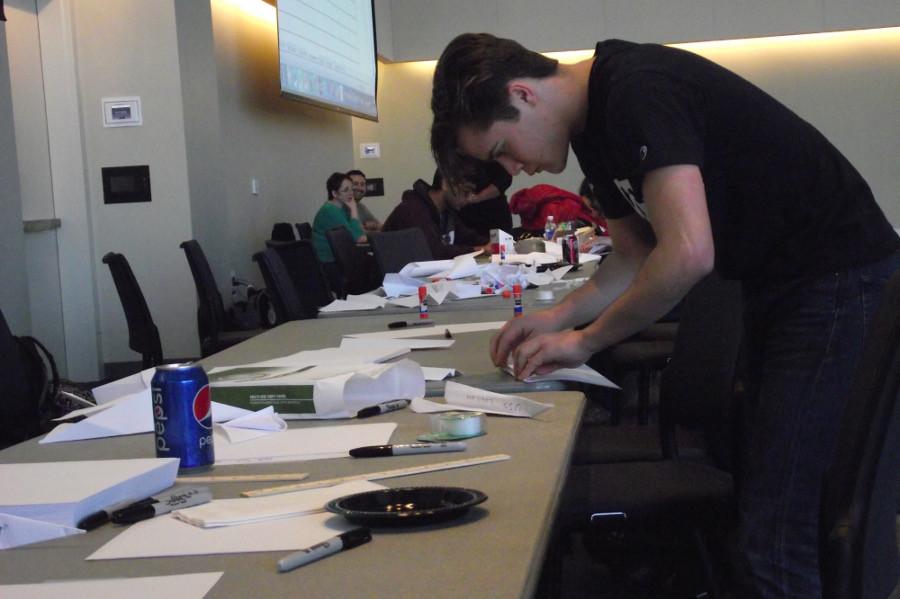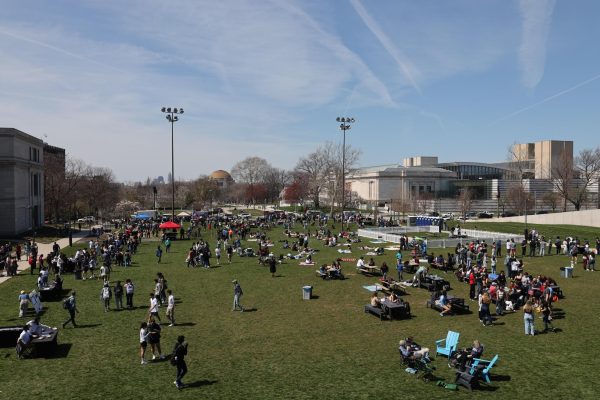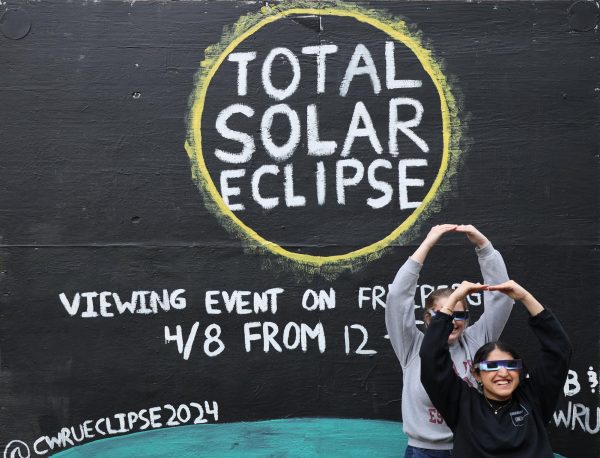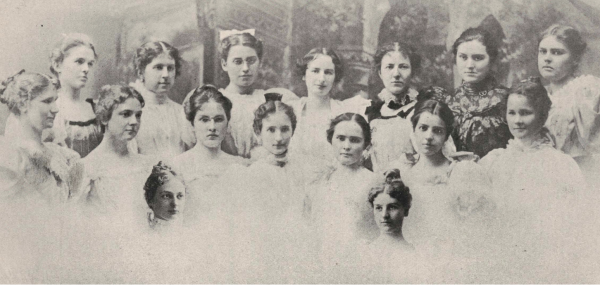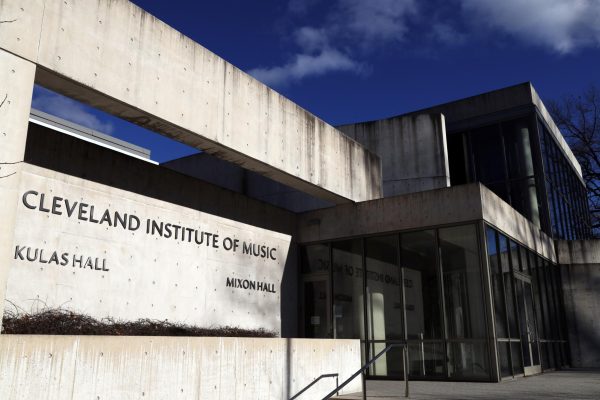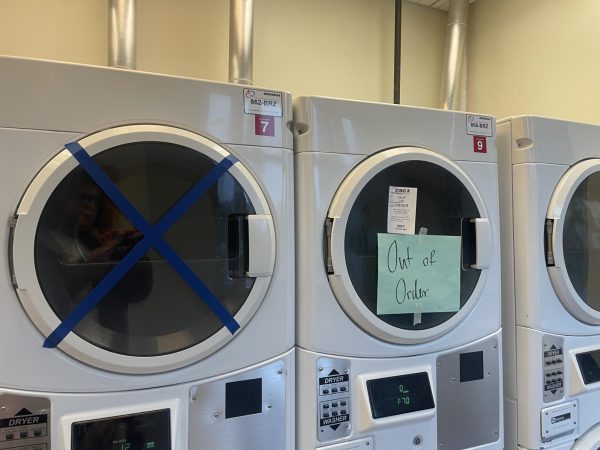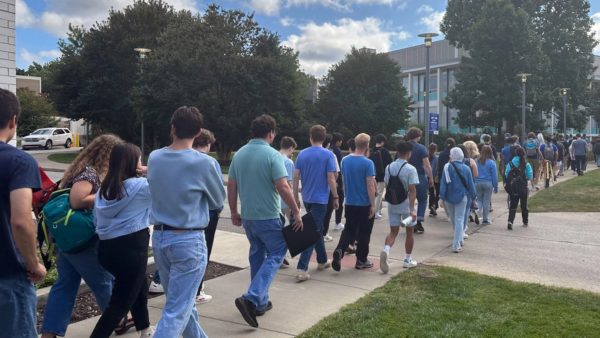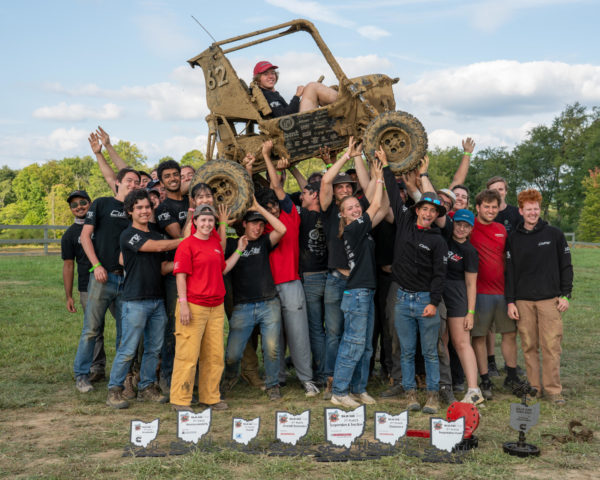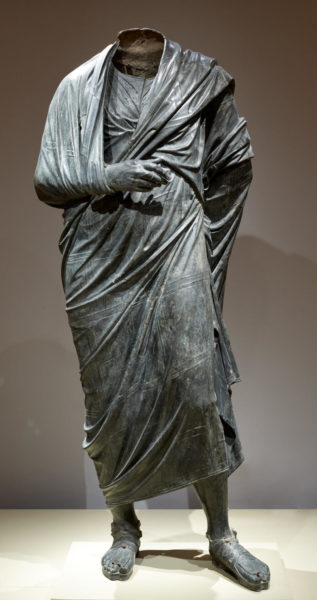Paper planes fly through the TVUC
The Case Engineers Council (CEC) took on a lighthearted project for this year’s Engineers Week: creating more efficient paper planes. The event, simply called the Paper Airplane Competition, was held on Feb. 22 in the Tinkham Veale University Center Ballroom. About 20-30 participants entered the contest, spending around three hours constructing planes of different shapes and sizes before testing them against their competitors.
The Case Engineers Council (CEC) and the Kelvin Smith Library (KSL) took on a lighthearted project for this year’s Engineers Week: creating more efficient paper planes.
The event, simply called the Paper Airplane Competition, was held on Feb. 22 in the Tinkham Veale University Center Ballroom. About 20-30 participants entered the contest, spending around three hours constructing planes of different shapes and sizes before testing them against their competitors.
“Everybody likes to make paper airplanes, so this event is about having some fun [outside of] your classes,” said Adam Krajewski, who was one of the main organizers of the event.
The goal of the competition, according to Krajewski, was for participants to create paper airplanes that could outperform others in flying range, time or precision.
“People are competing in two categories—Open and Engineer—which differ mostly in materials that can be used to build an airplane,” said Krajewski.
Representatives from the CEC stood by to mark the points where the planes landed and to measure the distance and time that they were able to remain airborne, and representatives from KSL were present through the event.
The Engineer category was restricted to CWRU engineering majors, whereas the Open category was available to students, alumni, staff and faculty.
The contest, which also takes place on other college campuses, serves in part to allow for informal comparison between engineers’ planes and those of non-engineers. For competitors, though, there is also the incentive of prizes.
Prizes took the form of 12 gift cards with a combined total of $450. In addition, as prizes were given across different categories, one participant could win multiple awards. For example, one competitor won three different prizes, amounting to $120.
“For me, [that’s] not … bad for a few minutes of work,” said Krajewski.
Following this pilot year, the paper airplane competition may become an annual event.
“[This] was our first time [making] this event happen at Case,” said Krajewski. “But we all consider it to be a great success, and we think it will become an E-Week tradition.
Correction: On Mar. 3, this article was changed to reflect that KSL was a cosponsor of this event.








